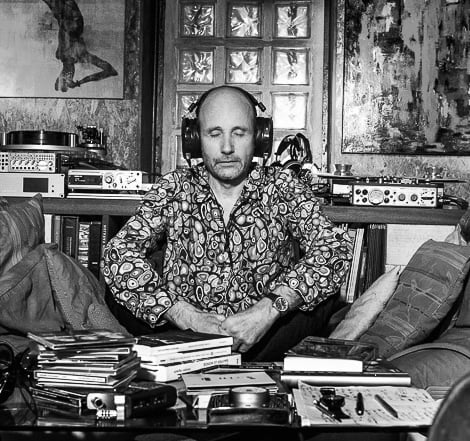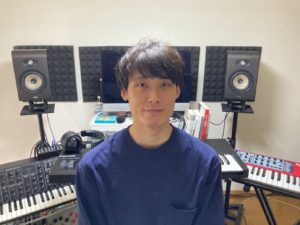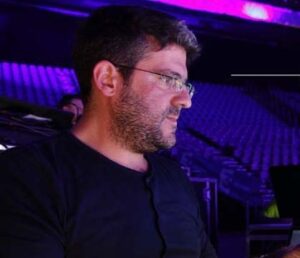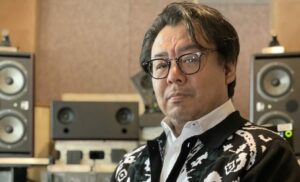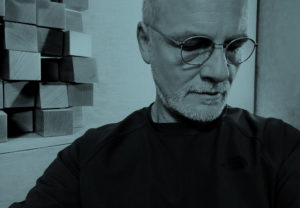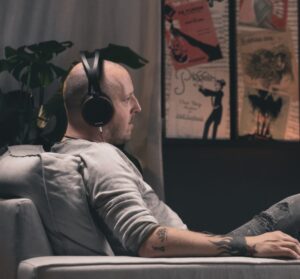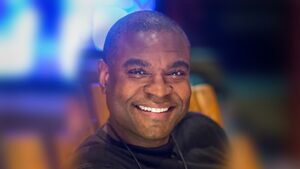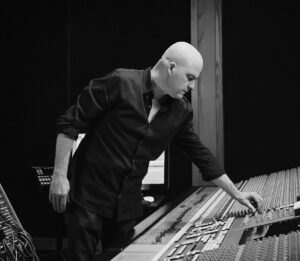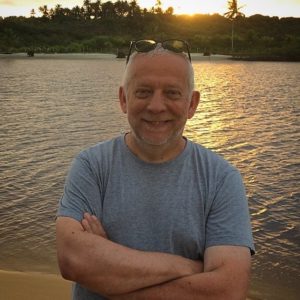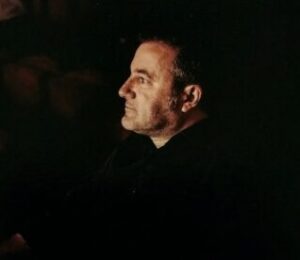Awarded Victoires du Jazz 2018 Best Sound Engineer of the Year – has collaborated on over 1,500 albums, many of which have won the Victoires de la Musique, BBC Awards, Schallplattenkritik of the Year and NRJ Awards. Professor at the National Superior Conservatory of Music in Paris.
Interview
Philippe, how would you define your profession?
I chose my profession out of a passion for music and have been pursuing it for about 40 years. I’ve worked a lot on recordings of acoustic ensembles, especially in jazz. I like to “re-fabricate the real”. Faithful sound recording doesn’t mean much to me as it can be boring compared with the experience of listening to an instrument played in front of you with beautiful acoustics. Everyone has their own style, of course; personally I like to reconstruct the space, respecting the music, using the techniques and tools at our disposal. My job is to best serve an artist’s project. Listening again to the records I’ve contributed to, I see that there’s no obvious link between the beauty of the result and the means employed. No sure path to avoid failure or guarantee success. I’ve worked in ultra-modern and ultra-dilapidated studios, in rich cities and poor countries, in nature, in big cities and small villages. I’ve worked all over the world. So I’ve learned to take things into account and always try to get the essentials while respecting the artist, that is to say their art but also their economy.
What role does listening to music play in your life?
Musical creation has an essential and permanent role in my life.
It’s my number one priority!
“I analysed, compared, checked… It’s now my regular way to listen to music and especially to judge my work with complete confidence.”
How much attention do you pay to sound quality?
Sound is the substance of the records we make. The demands we place in our work therefore depend on our ability to hear all the details and all the subtle balances, in order to combine them in the service of beauty. From my point of view, beautiful sound is obtained by creating a “sound staging” that respects what is natural but is made sublime through inventiveness, imagination and artificiality. I live in music, and at home I’ve always sought to improve my listening system so that I can hear “the truth of a record” or any audio message. I’m convinced that afterwards, whatever the listening conditions of the music lover, there’s always something perceptible and moving, the fruit of this requirement. So I’ve always remained curious and open to acoustic and electronic innovations in audio.
How long have you been using Audirvāna? What did you think when you discovered it?
I’ve been using Audirvāna ever since an engineer friend, music lover and amateur pianist introduced it to me as “the solution”. I immediately thought “woooooow!!!”. Then I analysed, compared, checked… It’s now my regular way to listen to music and especially to judge my work with complete confidence. In an ultra-simple and practical way I can listen with peace of mind, knowing that the system is absolutely transparent and knowing what I and I alone can improve.
How do you rate listening from your computer with Audirvāna compared with other equipment?
Since the last version, I think it’s taken another step forward. I noticed that today I obtain the same sound result with the same digital file played on my Nagra, connected in AES to my DAC and amplifier, as on my computer with Audirvāna connected via USB to the same DAC. Recently, thanks to the oversampling Audirvāna offers, I can hear more things than with my Master machine, which doesn’t offer this option. It’s crazy!
Do you talk to people about it?
Yes, to colleagues, to musicians, but above all to my students from the National Conservatory of Music and Dance in Paris as part of the excellent “Training in Sound Professions”, where I have the huge honour of being a teacher… I systematically get them to discover Audirvāna, the best and easiest way to listen to personal work from a USB key and an equipped laptop. I feel it’s my duty to remind them that we’re the guarantors of sound quality, that it’s important to never trivialise the use of MP3, that you have to educate your listening in the best possible conditions of transparency from a computer.
What are your passions outside of music?
Reading, art in general, with an active passion for architecture and design. Handling forms like handling sounds, exciting! Of course my friends, who are so important, and then all the passionate people who kindly show me the extent of my ignorance.

